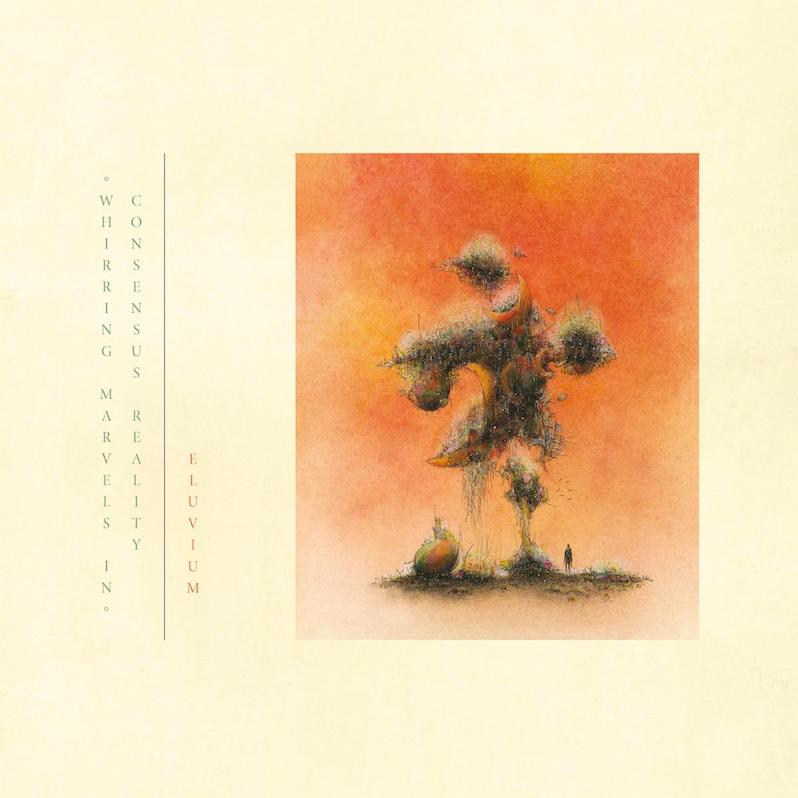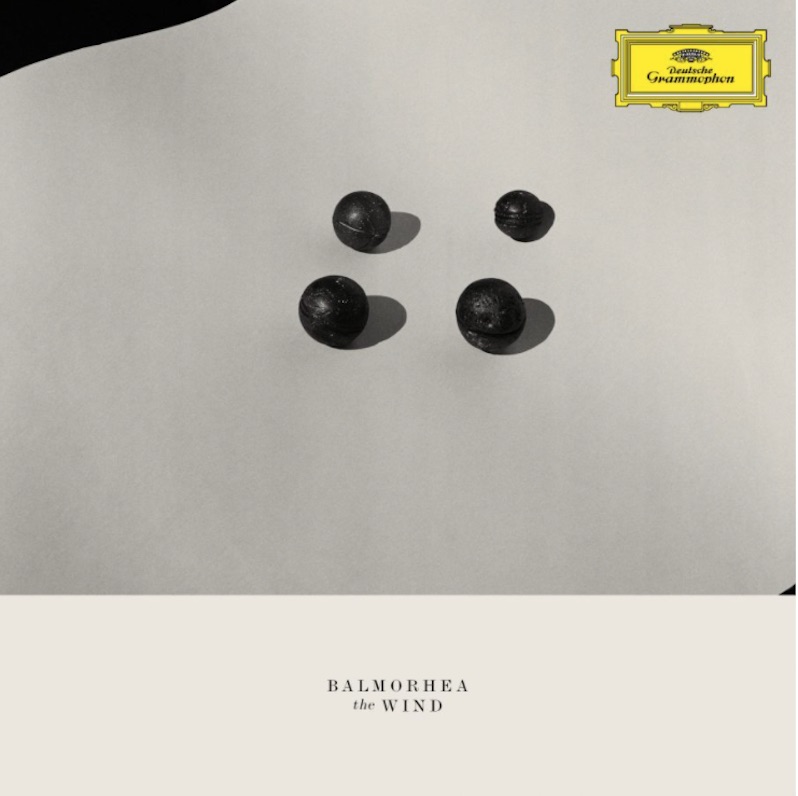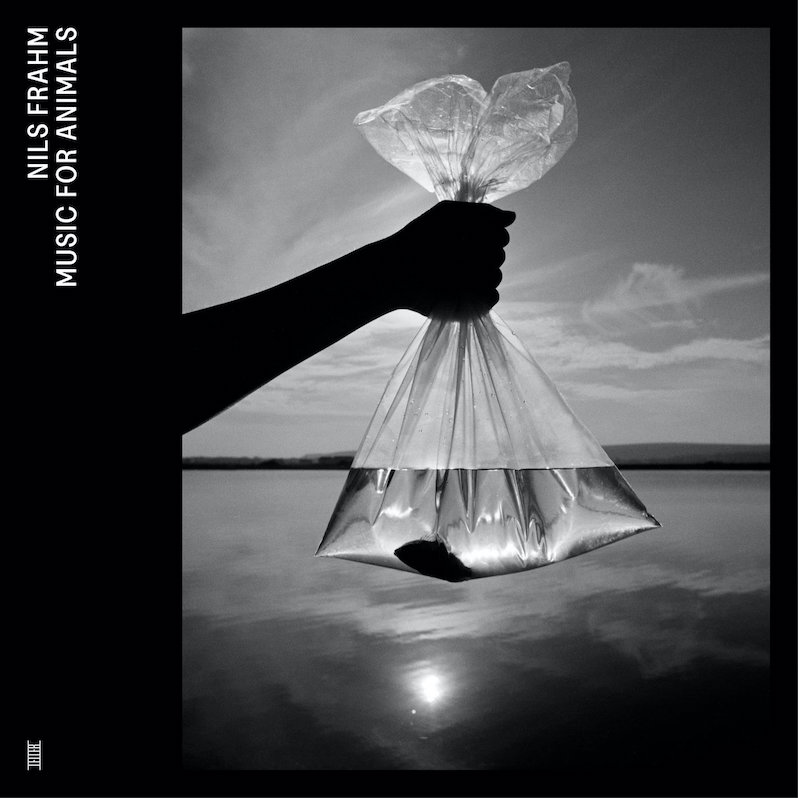Eluvium : (Whirring Marvels In) Consensus Reality

Exciting ambient music sounds like a pick-me subgenre, if there ever was one; an attempt to buck a trend for no other reason than because a trend needs a good bucking. Any skepticism towards such a project could be rationalized were Eluvium (Matthew Robert Cooper) not behind it, as not only is he versed in injecting exuberance into his ambient music—his 2007 album Copia unfolded into many crescendos and he was bold enough to include fireworks samples. But he’s sought out novel innovations over the course of his 20-year career, particularly over the last half-decade. Shuffle Drones from 2017 lived up to its title as it combined track fragments that could be shuffled on streaming devices to create multiple different listening experiences. Cooper also revisited his solo piano on 2019’s Pianoworks, imparting nearly two decades of experience onto an instrument he hadn’t recorded solitarily since 2004. His newest album, (Whirring Marvels in) Consensus, arrives after Cooper suffered from arm and shoulder impairment, a pandemic, and the rise of artificial intelligence. Rather than shy away from these barricades, Cooper uses them to drive adaptation.
One of these adaptations is that (Whirring Marvels in) Consensus’ conception was aided by algorithms. Cooper took to them like an overworked illustration student discovering how to play with Adobe Fresco, tinkering with technology’s ability to sift through his notebooks, connect disparate thoughts, and aggregate them. Thankfully, he engaged with the algorithm for brainstorming rather than composing. The finished record sounds natural despite its AI origins because Cooper was the guiding hand. There’s nothing in (Whirring Marvels in) Consensus that reveals an algorithm played a central role in its creation, and that’s for the best.
(Whirring Marvels in) Consensus warrants comparisons to Copia, easily Cooper’s most popular album, because it takes sonic cues from the latter, mostly in how it integrates an orchestra. Copia included woodwinds, strings and horns to warm its ambient profile, while on (Whirring Marvels in) Consensus, Cooper collaborated with members of the Budapest Scoring Orchestra, Golden Retriever, and the American Contemporary Music Ensemble. The roster provides the record with a grander scale than Cooper’s recent projects and their performances are delicate and sympathetic without sacrificing might. The horns brewing beneath “Phantasia Telephonics” are heartwarming in a manner similar to Copia, only engorged.
The downside is that (Whirring Marvels in) Consensus is, at times, too immediate. It’s too prevalent in itself that its volume can outweigh its emotional resonance. “Swift Automatons” comes to mind as its strings dictate the pace, morphing the two-and-a-half-minute track into a boxing round. Thankfully, the following “Vibration Consensus Reality (for Spectral Multiband Resonator)” corrects this. While “Swift Automatons” is too on-the-nose, “Vibration Consensus Reality (for Spectral Multiband Resonator)” remedies the situation with patience and scale. Cooper is still a wizard with crescendos, and he employs the strings that overpowered “Swift Automatons” to organically heighten the drama.
At the same time, Eluvuim’s confidence in the density of his music is admirable, as there are few ambient musicians with a vision comparable to his (though to describe all of (Whirring Marvels in) Consensus as “ambient” is to describe steaming broccoli and beef in an overstuffed and under-oiled wok as “stir-frying”). Even his less mobile tracks have a strong posterior chain, “Scatterbrains” being a notable example. It, along with other cuts that err towards classical rather than ambient, stands firm. Cooper moves away from the idea that ambient music can only conjure a mood through elongated exposures to subtle sounds, instead proposing that it, by itself, can sustain interest.
Label: Temporary Residence
Year: 2023
Similar Albums:
Colin Dempsey is a Toronto-based writer with publications at Consequence, Invisible Oranges, Spectrum Culture, and more. There will always be more to write about, and he wants to cover it all.




